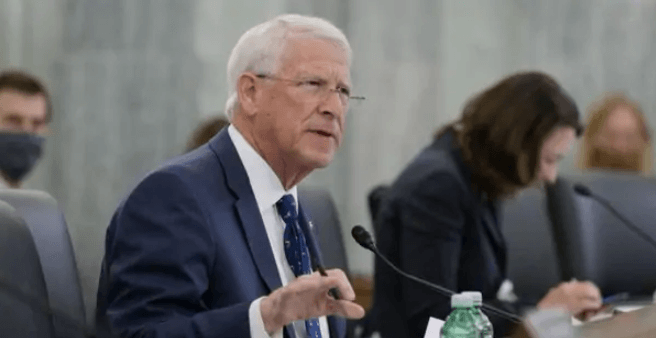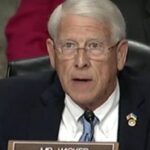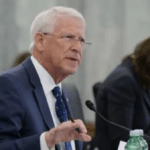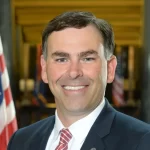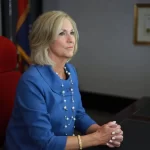Wicker: Supports Mississippi’s Health Care providers
Note: The following is the weekly Wicker Report from Mississippi Sen. Roger Wicker. Any opinions expressed in this article are not necessarily that of this publication.
By Sen. Roger Wicker (R-Miss.)
Local Leaders Drive Care Improvements
Last month, at two Mississippi health care centers, I saw one of the best aspects of our state – medical providers and volunteers working with faith leaders to help their fellow man. It was my honor to work together with other members of the Mississippi delegation to secure federal support for new projects at these facilities, which will allow these providers to reach even more of our neighbors.
Every community needs reliable health care, but they all have unique needs. A one-size-fits-all approach fails to meet the particular issues facing different regions of our state. That is why I work with local leaders, who are closest to the challenges on the ground.
Health Centers Help Mississippians Give Back
The teams at both of these clinics submitted assistance requests, which I advocated for in government funding negotiations. That local initiative is what led to the success of these projects. The proposals were well-received by my colleagues in the House and Senate, and it is easy to see why.
Pine Grove Behavioral Health and Addiction Services, in Hattiesburg, is world-renowned for its mental health care. The new addition, an outpatient treatment facility, will expand their work. Professionals at the clinic are tackling some of today’s most urgent crises. They are leading the charge to treat those affected by a host of addictions, including the opioid crisis that has devastated so many families.
The Free Clinic of Meridian is also meeting pressing needs. Its doctors and volunteers are bridging divides by bringing health care to those lacking insurance. The funding led to new exam rooms, office space, and other improvements that will increase its contributions to Meridian.
Both institutions run on the belief that everyone has skills they can use for the common good. As these clinics restore individuals to health, they often benefit more than those receiving treatment. Healed patients are empowered to give back as productive members of the community.
Improving Rural Health Care in Mississippi
I regularly meet with health care providers who serve the cities, small towns, and underserved communities of our state. Recently, I introduced legislation targeting health care needs unique to rural areas.
Mississippi’s health care leaders report that we have a shortage of medical professionals in rural regions. A bill I introduced recently would help fix that.
Research shows that when medical students train in rural areas, they are more likely to stay after completing their education. My bill, the Community Training, Education, and Access for Medical Students, or TEAMS, Act would connect more of these students to small town clinics.
Specifically, the Community TEAMS Act would create a grant for medical schools to partner with community-based providers. This would help build a talent pipeline that can serve overlooked patients for years to come.
I am also working to protect health care for our underserved seniors. Last year, the Biden administration proposed a nationwide rule that would dictate staffing at long-term care facilities. Among its provisions is a requirement that a registered nurse be on site all hours of the day.
Unfortunately, these regulations could worsen the workforce shortages already plaguing these important institutions. Many would not be able to comply, driving them to close. This would disproportionally affect rural communities and families.
I am leading a bipartisan group of senators who are working to block the rule. The president’s top-down approach does not recognize that every setting is unique. I will continue listening to local leaders from all over the state as we work to solve these challenges.
